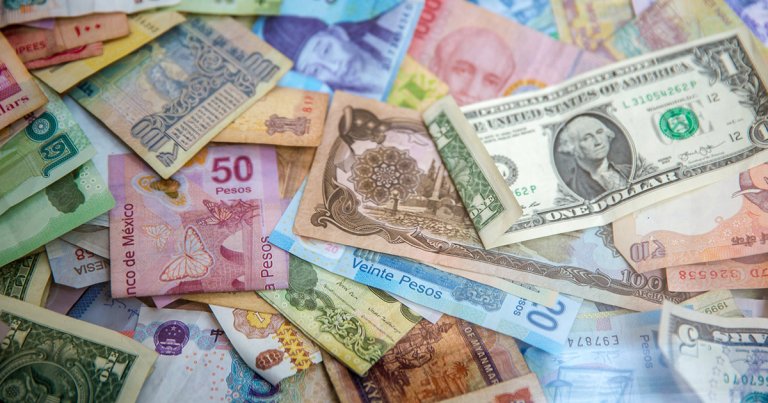 Crypto.com survey finds 54% of people would trust a government-issued digital currency
Crypto.com survey finds 54% of people would trust a government-issued digital currency Crypto.com survey finds 54% of people would trust a government-issued digital currency

Cover art/illustration via CryptoSlate. Image includes combined content which may include AI-generated content.
A survey jointly conducted by Crypto.com and The Economist examined the general population’s opinion of cryptocurrencies, finding that 24 percent of respondents believed the main use for cryptocurrencies was “short-term investment.” However, over half of the respondents said they would trust a digital currency issued by their country’s central bank.
Survey shows society becoming increasingly digitized
Crypto.com, a cryptocurrency payment provider, partnered with The Economist to conduct a survey examining the general public’s opinions around digital payments and cryptocurrencies.
The survey came as an answer to the increased efforts made by central banks to help the economy weather the crisis caused by the ongoing coronavirus pandemic and show whether or not digital currencies can have a place in the increasingly cashless world.
The results of the global survey of over 3,000 users showed that 15 percent of respondents used cryptocurrencies for more than half of their purchases. This comes as no surprise—the survey found that cryptocurrency awareness in developed economies reached 79 percent in 2020 while developing economies recorded an awareness record of 92 percent.
Volatility stands in the way of adoption and daily usage when it comes to cryptocurrencies
However, the volatility associated with cryptocurrencies seems to stand in the way of further adoption. Around 34 percent of respondents said the main use of digital currencies was primarily for online payments. Just 24 percent see digital currencies as only a short-term investment vehicle, while the same percentage of respondents use digital currencies due to general interest in the technology.
The lack of trust in digital currencies, surprisingly enough, comes from their lack of centralized governance. Among digital currencies, 54% of respondents cited that they would trust government-issued digital currencies.
Nonetheless, the overall trend indicated in the survey points to both a greater acceptance and an increase in options when it comes to digital payments. Users seem to favor cashless options over cash, with digital currencies being the asset class with the biggest potential for growth.









































































































